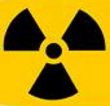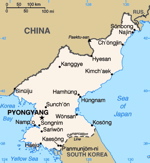
WASHINGTON — Several recent U.S. court decisions are threatening an effort to dramatically reduce Russia’s stockpiles of weapons-grade uranium. The court decisions would eliminate high tariff barriers that have effectively blocked Russia’s exports of uranium to the United States, except for those covered by a 1993 U.S.-Russian agreement for downblending 500 metric tons of highly enriched uranium (HEU) from nuclear weapons into fuel for nuclear reactors by 2013. To date, the agreement has helped lead to the downblending of 325 metric tons of HEU, equivalent to 13,000 nuclear warheads. The downblended uranium currently supplies more than 40 percent of the […]


